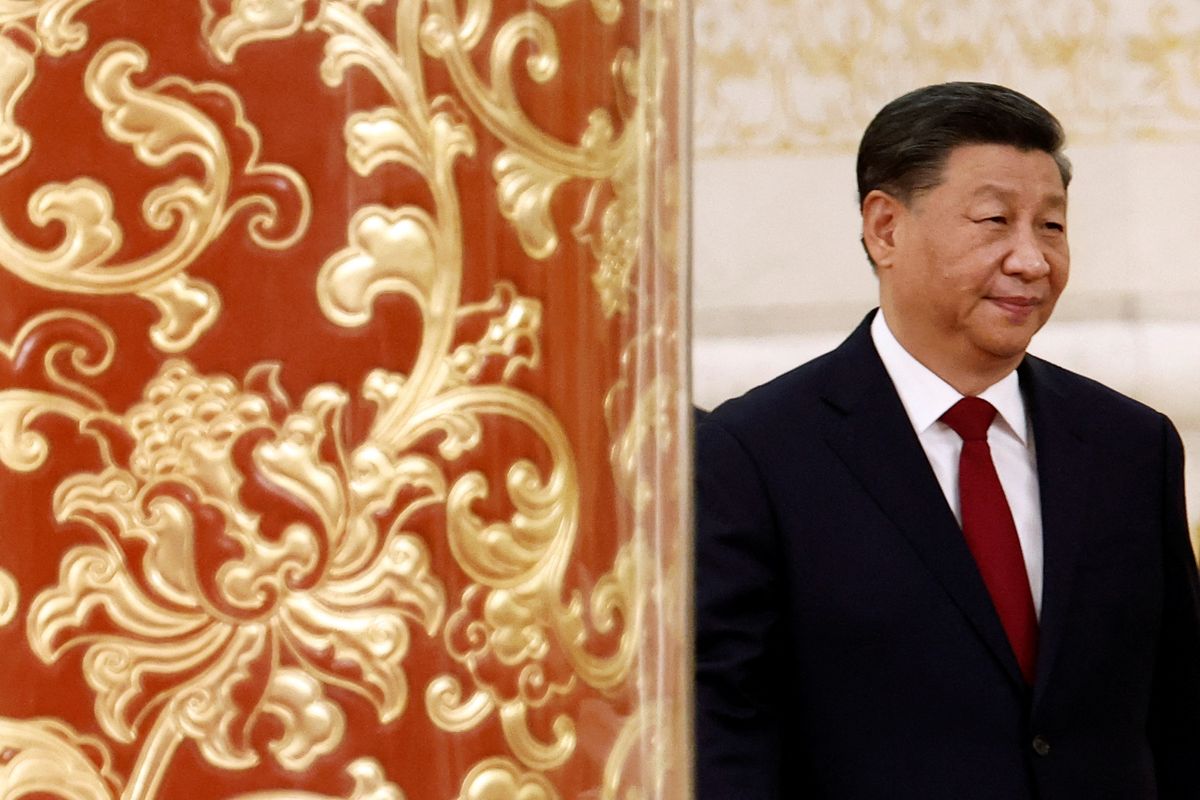The US wants to have talks with China on its growing nuclear force
Washington is calling on Beijing for nuclear talks. China – one of the world’s largest nuclear weapons producers – is growing fast in its military power.

A few minutes every morning is all you need.
Stay up to date on the world's Headlines and Human Stories. It's fun, it's factual, it's fluff-free.
Last week, the US released three key defense reports that outline the country’s military strategy. Together, these form the National Defense Strategy (NDS) which basically lays out the biggest threats against the US and how the country plans to deal with them. This is the first time the three reports have been released together. Previously released strategy documents have outlined concerns over China’s nuclear capability. This year, the NDS says that China is expanding its nuclear forces and expecting its aresenal of nuclear warheads to reach 1,000 by 2030
Now, Washington is calling on Beijing for nuclear talks. China – one of the world’s largest nuclear weapons producers – is growing fast in its military power. The US sees China as its biggest threat, despite the ongoing war in Ukraine. China and Russia will become “major nuclear powers” by the 2030s, and Washington isn’t keen on facing two huge nuclear powers without some guardrails in place. US officials have slammed China for not showing interest in reducing nuclear risk despite the history of the Cuban missile crisis 60 years ago. The US points out that it’s had plenty of strategic talks with Russia, but it hasn’t made any progress with China yet.
Key comments:
“We’ve always had to try to deter Russia and China, but I think the key phrase is ‘major nuclear power,'” said Robert Soofer, a former deputy assistant secretary of defense for nuclear and missile defense policy. “China is not considered today a major nuclear power.”
“The US has been hyping up the so-called nuclear threat from certain countries,” said Wang Wenbin, the Chinese foreign ministry spokesman. “In this latest NPR, the US has made irresponsible remarks and accusations as well as groundless speculations on China’s normal modernization of its nuclear forces.”
“We’re not in that space with Beijing yet. So, there’s work to be done to begin the conversation, we think bilaterally … We’re now at the 60th anniversary of the Cuban missile crisis. We don’t need to repeat that to know that we need to be at the table having conversations with each other,” said Alexandra Bell, deputy assistant secretary of state for arms control, verification and compliance.
“We are certainly concerned about escalation, we have been so from the very beginning of this conflict,” said US Defense Secretary Lloyd Austin. “It would be the first time that a nuclear weapon has been used in over 70 years. So that certainly has the potential of changing things in the international community.”




Comments ()